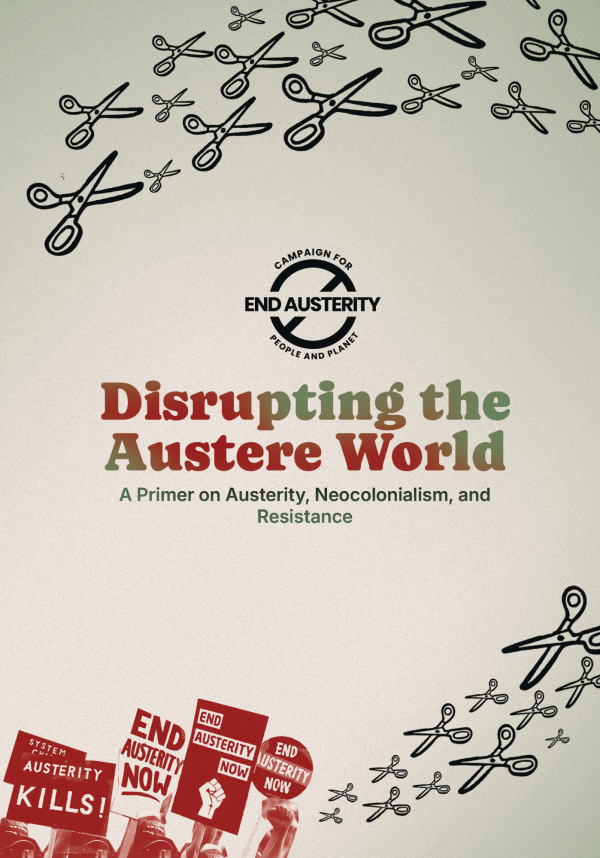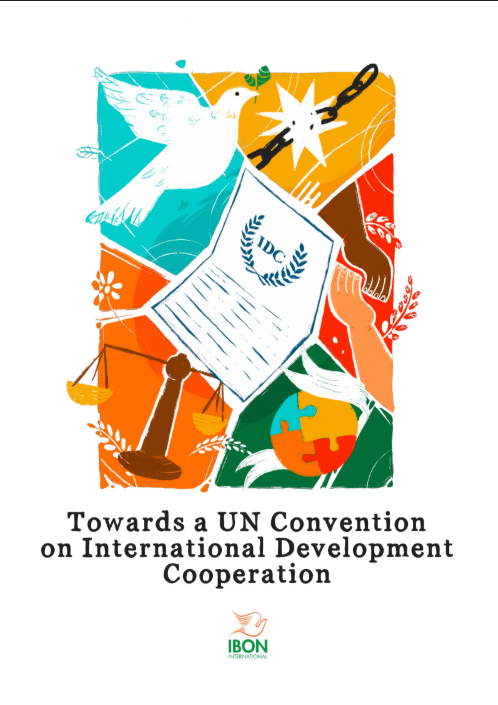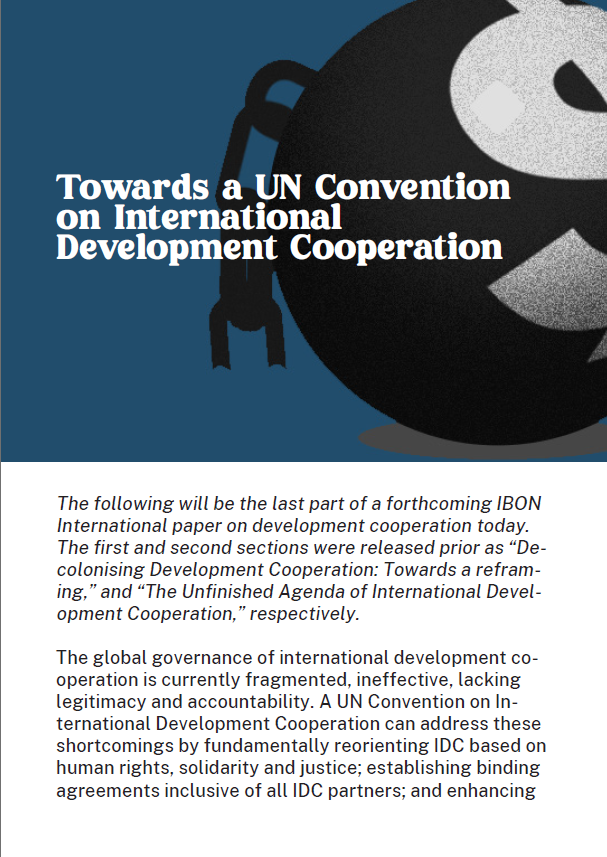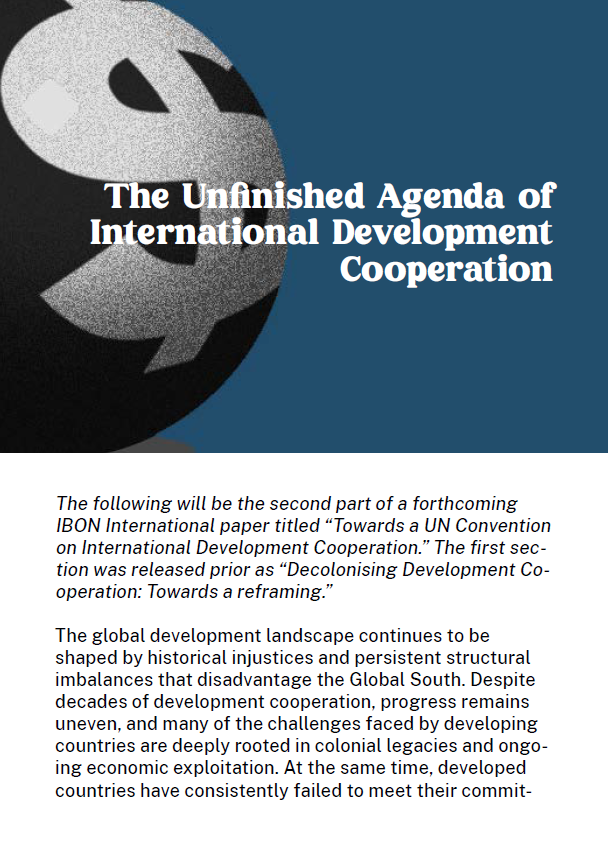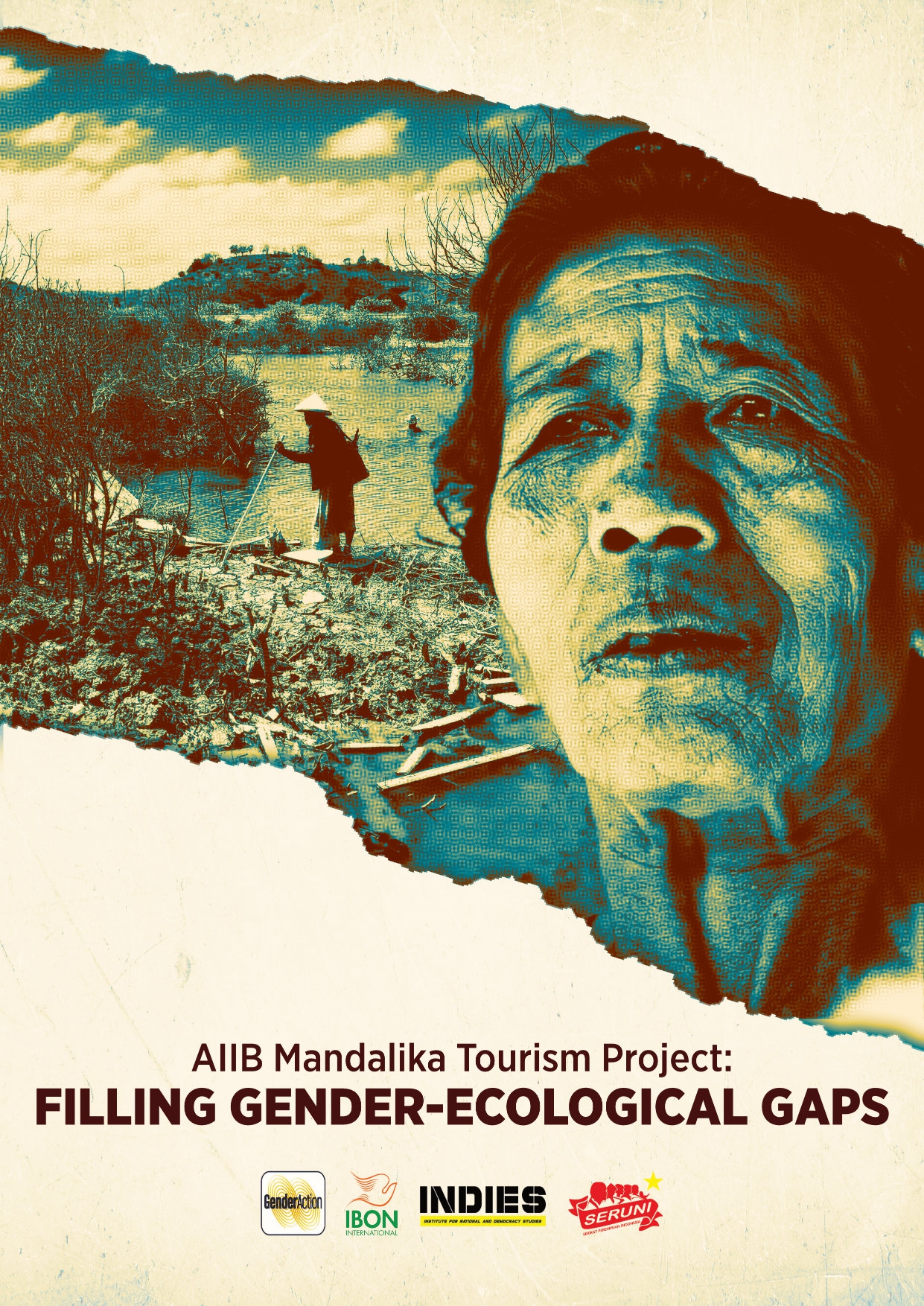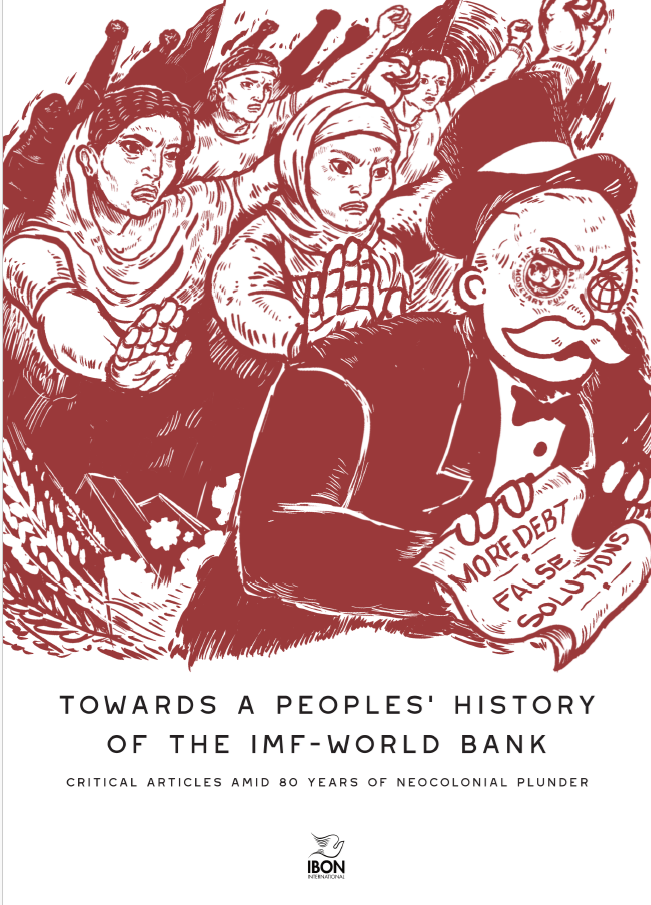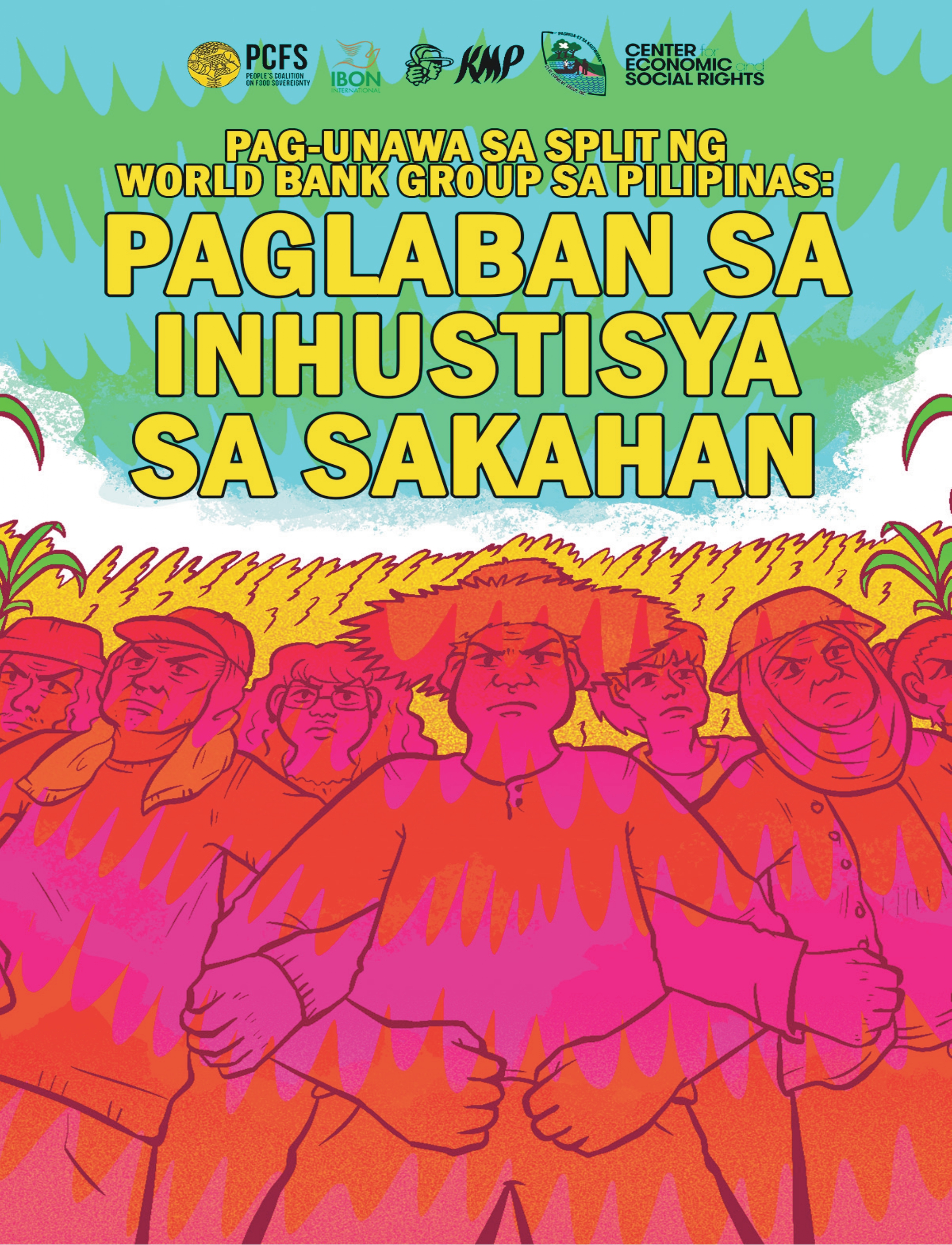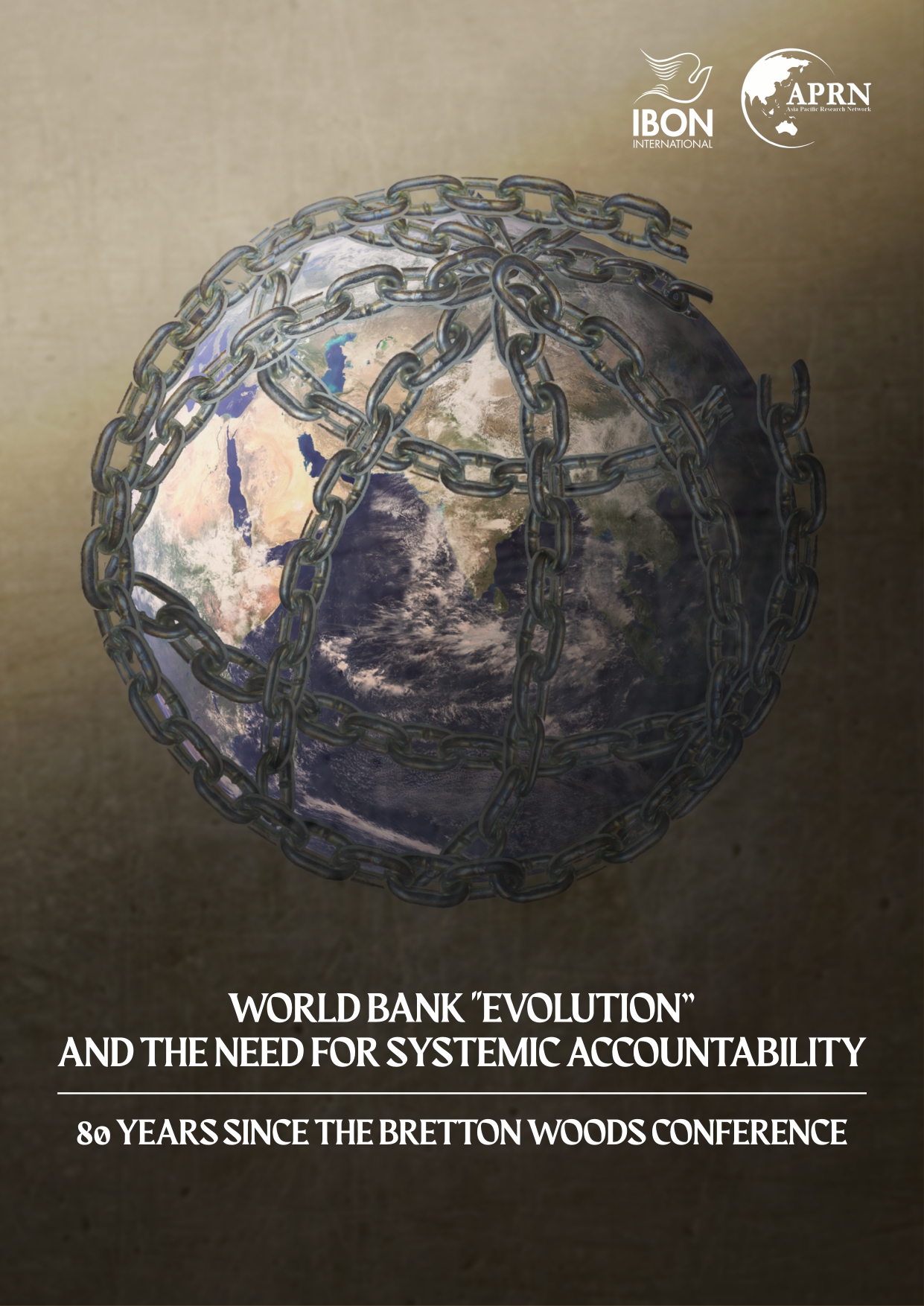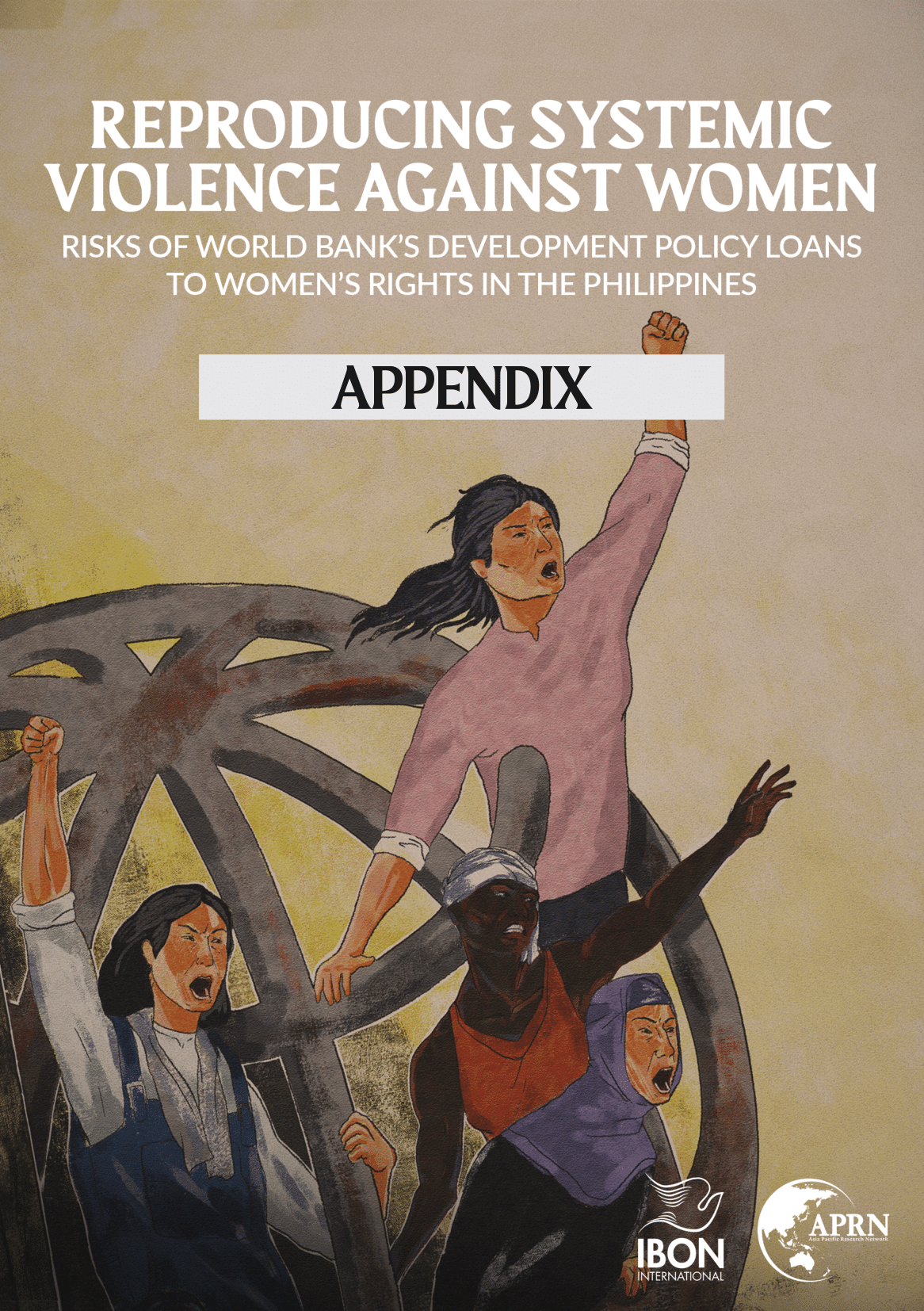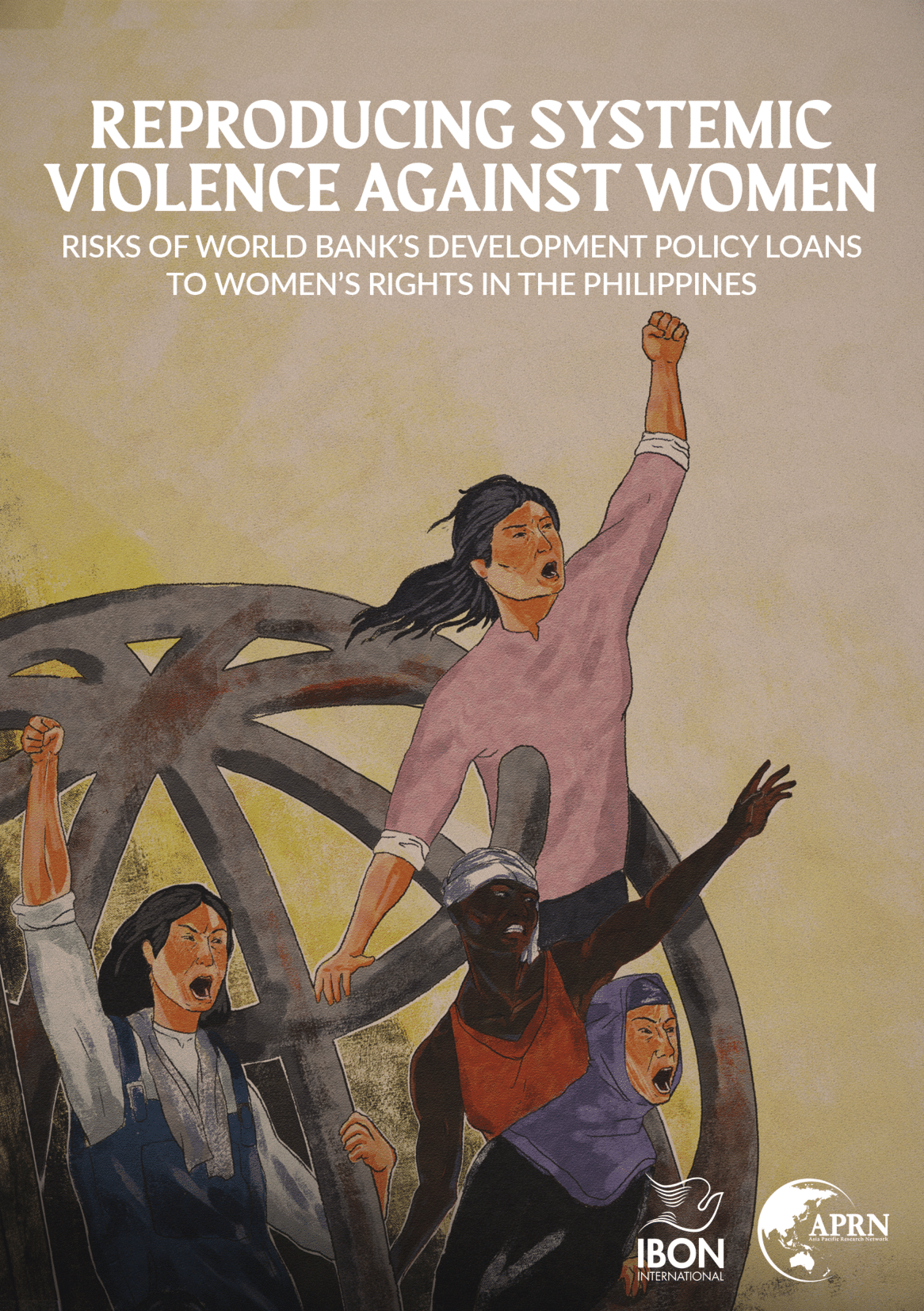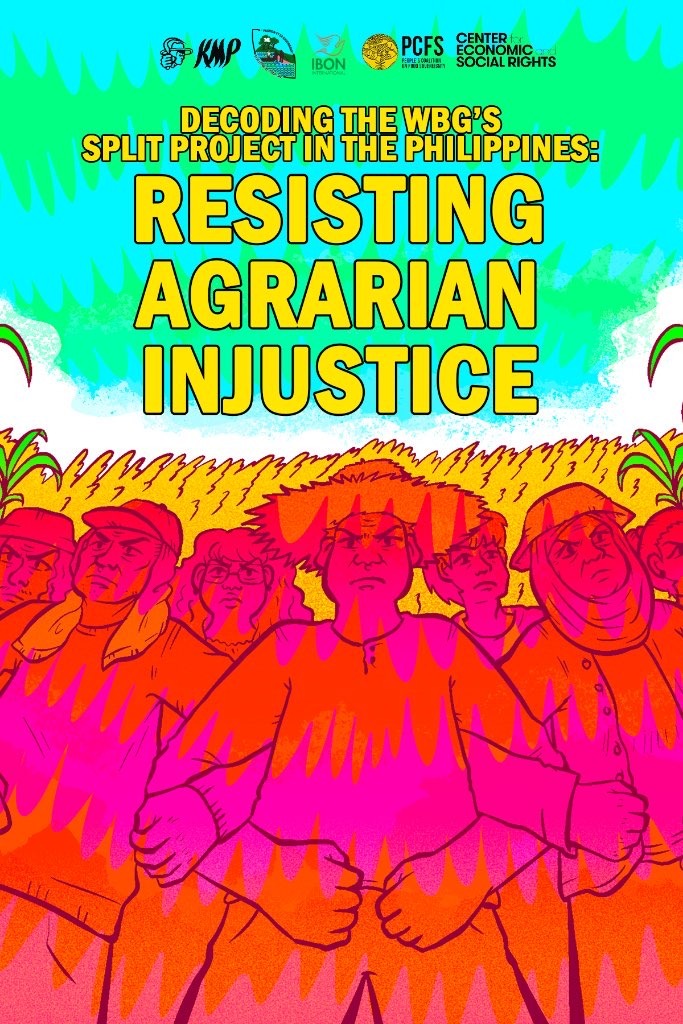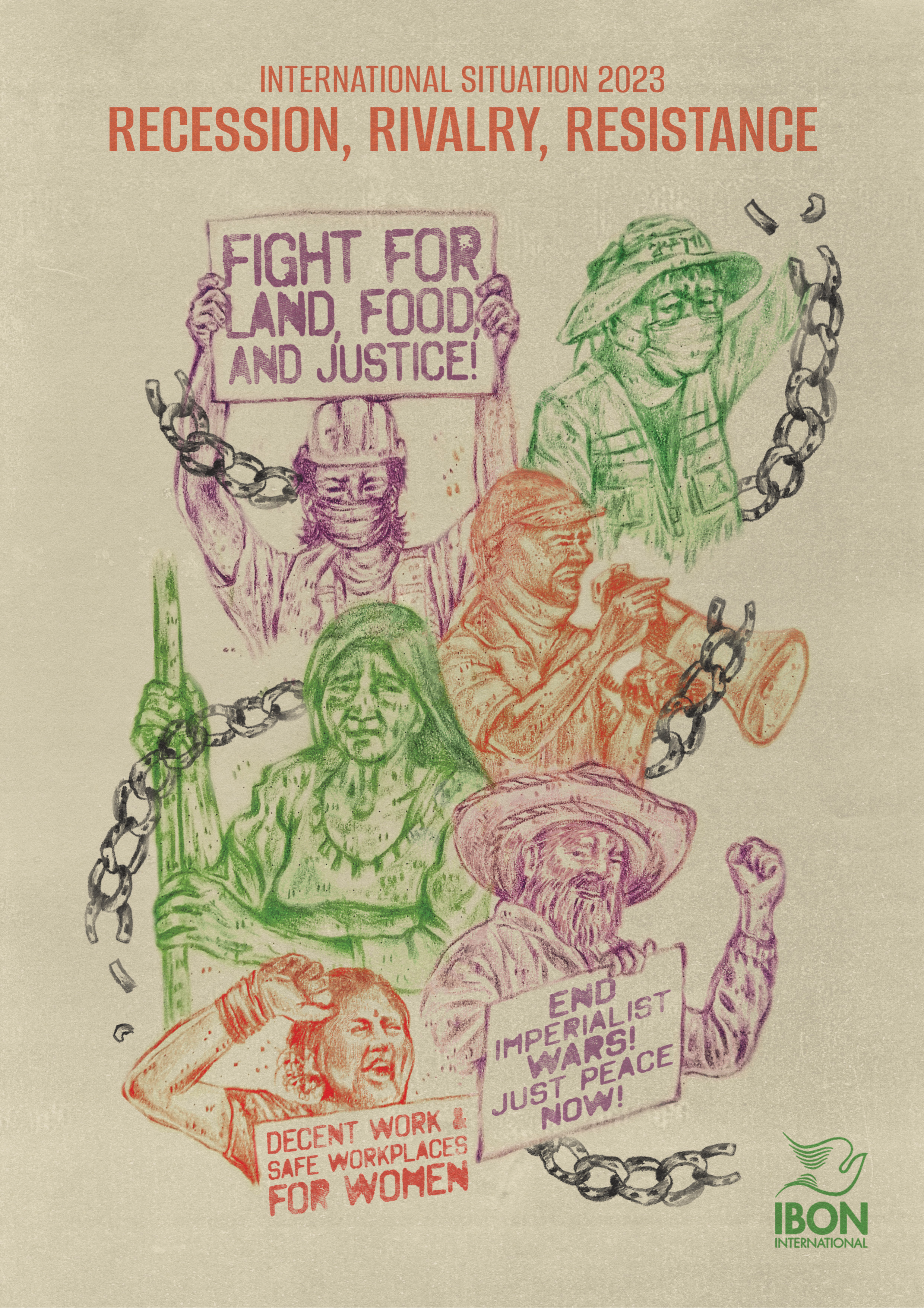Billions of people struggle to make ends meet with stagnant wages and record-high inflation as governments spend more on debt and military build-up than on health, social services, and climate responses. Decades of policy advice by the International Monetary Fund (IMF), along with other neoliberal policies, has created this austere world. According to the landmark End Austerity Report released in 2022, around 6 billion people or 75% of the world population are projected to live under austerity in 2025. While UN Trade and Development's (UNCTAD) figures show that 3.3 billion people live in countries that spend more on interest payments than on health or education. But contrary to neoliberal rhetoric, there are alternatives to austerity.
This primer aims to provide an introduction to austerity that could be used by social movements and civil society organisations for campaigning. It discusses a brief history of austerity, relates it to current issues of climate crisis and war, and proposes alternatives that would advance social and climate justice and decolonial and feminist transformation.
